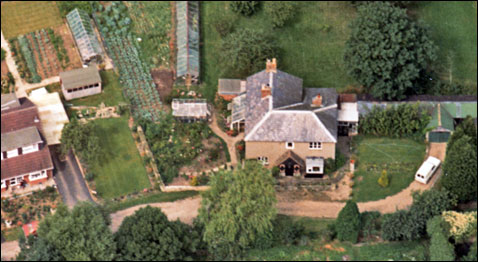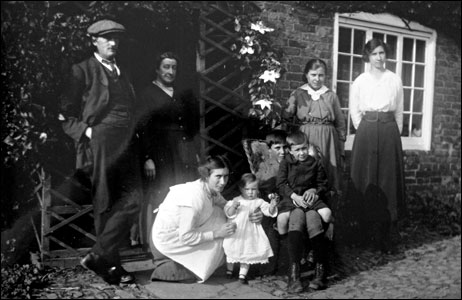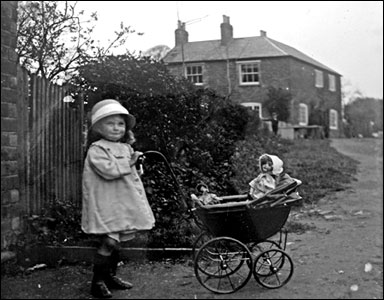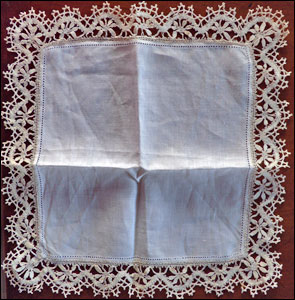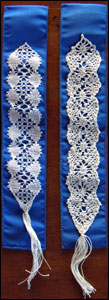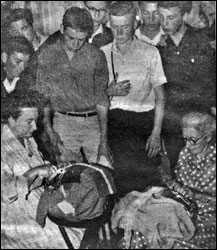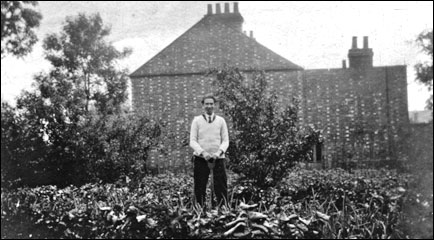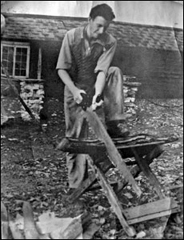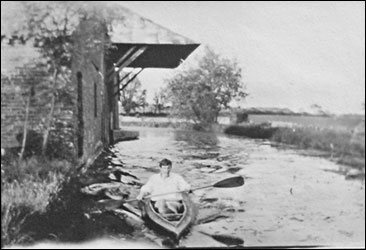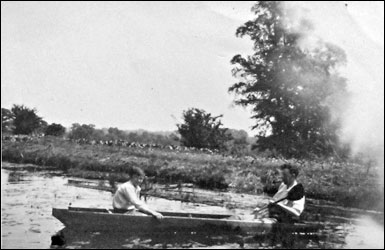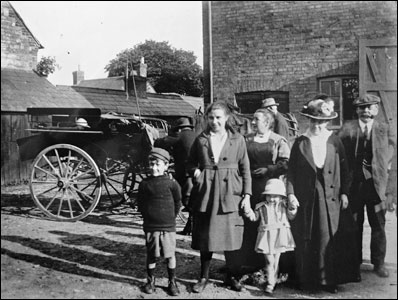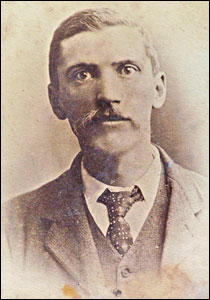 |
|
 |
Old Stratford - Wharf House near Hayes Wharf
|
||||||||||||||||||||||||||||||||||||||||||
|
|
||||||||||||||||||||||||||||||||||||||||||
|
||||||||||||||||||||||||||||||||||||||||||
|
|
||||||||||||||||||||||||||||||||||||||||||
|
Bucks Standard 22nd March 1924 David Jones – Schoolmaster An appreciation by R Ewart Barley, an old scholar, now in New Zealand “To live in hearts we leave behind is not to die!” Tennyson One months ago I sat with four other Stony Stratford young men, all living in New Zealand. We were talking of early days and old times, old scenes and old associations. We were all British schoolboys and each agreed that David jones had been the greatest influence outside our home circle in the moulding of character and the shaping of life’s outlook. The potency of influence in the plastic years can never be tabulated. I venture to affirm that hundreds of men in useful positions throughout our far flung Empire look back to the old British schooldays and the tenets taught by a man of unusual ability and stupendous energy of mind. When I heard that David Jones, schoolmaster, of Stony Stratford, was dead, the floodgate of my memory lifted. Scenes of happy childhood and youth came singing out of the misty past. I saw myself sitting once again in the old yellow brick British School with its lantern windows and whitewashed walls. All the school were the tiptoe of expectancy. We all breathed deeply, wondering who he would be, and how hard he could wield the lash. The door opened, and a youth on the verge of manhood stepped in. I remember him now, fresh from Borough Road Training College. His face was ruddy and hairless, and he wore a silk bell topper. The first and last I ever saw of it. The Rev T Baker, the Baptist Minister at that time, introduced him to the school. He spoke to us, and his deep, stentorian West Country rang through the room like the murmur of many waters. “Children,“ he said, “I have come to be your master, but not only your master, I want to be your friend.” Something in the man (child as I was) appealed to me and I felt the hot tears course down my cheeks. “There is a cane in this desk,” he said, “I hope that I shall get such obedience during my sojourn here that I shall never need to use it.” The time came when he took the cane from the desk and burnt it before our eyes and abolished the system of corporal punishment from the school with marked success. In those early days, in school and out of school I found him a friend as he suggested. He was a great fisherman, and nothing gave me greater pleasure when he was living with Mrs John Canvin at the corner of the High Street, than to get up early on a Saturday and accompany him to Woods Mill in Passenham and spend the day by the winding stream. He was a great student, and most of his odd moments, even when spent fishing, were spent reading or working out some subject for future work. From the very earliest days I was attracted by the charm of his language and his exceptional gift of eloquence. I remember he preached to a crowded congregation in the Baptist Church soon after his arrival. Hi prayer and reading of the Scripture were a revelation, but his address was a blaze of oratory, and his peroration an avalanche of adjectives with a climax that set the soul on fire. It was the story of the Shunammite women, and the burden of the theme was “Don’t send a Deputy – if you want a thing done well, do it yourself.” I may say that most of the knowledge I have of Old Testament history and heroes, Psalmists, patriarchs and prophets, I gained from the early morning scripture lessons in those days at school. David and Jonathan, Abraham and Moses, became living realities as we heard of them in these descriptive morning talks. Our master’s love of music went a long way in holding the school together. I think I can say without doubt more children with a love of music were turned out from that school than any seminary of its size. David Jones spurned the stale, stilted songs of the education department and wrote the words and composed the ever-haunting melodies that the children loved, and delighted to sing. Songs of nature, of flowers, and bees and butterflies and babbling brooks, they well up through my subconscious mind as fresh and as new as in the bygone yesterday.
If I forget the hard sums and the grinding grammar I shall ever reverence David Jones for this love of song and his knowledge of the child heart. There was poetry and music in his soul. When he sat down to the piano and ran his fingers over the keys he thrilled me through and through. I can see him even now in the school concert at Xmastide. In the school I felt his power, but it was after my schooldays, I think, he played even a greater part in the formation of my character. At that time a Sunday afternoon class (afterwards merged into the Brotherhood movement) was started by a Mr J S Tibbetts in the Congregational Schoolroom. With a few more I ventured in each Sunday. Mr Jones was the speaker and he dealt with early Biblical subjects such as the Creation, Cain and Abel, David and Jonathan etc. The Class grew and we moved to the Public Hall and from there to the College Chapel where Mr Fegan’s Orphanage is today. It was in these Sunday meetings of Song and music and speech that we heard our friend at his very best. It was in those years that he burned himself out with a desire for the betterment of mankind. He passed from the religious side to the social gospel and waged a weekly word war against the iniquities and oppression that beset humanity. There was nothing secular to him. His gospel of utilitarianism and humanitarianism was new to those days and he was ostracised by heresy hunters, but today the ship which he helped to launch has sailed successfully into port. Always an ardent pacifist, he suffered unpopularity to the extent of half bricks during the Boer War for his peace principles. From the Stony Stratford S.A.C. his fame as a speaker spread and many were the calls on his strength and time and ability. At Northampton he addressed thousands in the theatre. He went to Wellingborough and Rushden and Towcester and earned a wide reputation as a speaker, but he was only human and “nature (to use one of his own sentences) is a just creditor”. Years ago he felt the lamp of life burn dim and the fires which blazed with such fury for a number of seasons began to wane. It is a joy today to think of his ability in debate, his quick repartee, his literary satire, his power in reply. His lecture on Oliver Cromwell was a marvellous feat of memory. How he could take a character like Cromwell and make him live before his audience for an hour or more, give dates, incidents and anecdotes without a note of any kind and finish up with a rushing tornado of rhetoric dazzling in its climax. Ah, but he suffered for it and his wife only knew too well what it meant in nerve output to face such ordeals on top of his school duties and a host of coaching engagements. I do not hold him up as a perfect man. He knew himself that he had faults, and who had not? I write this in after years. I have not left these memory bouquets for his burial. I wrote to him and thanked him personally for his interest and his devotion to the cause of education and the welfare of child life. When I heard that David Jones was dead I say in all honesty I shed a silent tear and mourned, with many others, the loss of one whose hand I would have liked to grasp again – one of those with whom I have felt a soul unity that 16,000 miles of ocean blue has never severed. He has gone, “The hand of time has snatched him into the erstwhile shadows.” “The master has gone and the school is out.” Many in the latter years only knew him as the schoolmaster but in the early years he flamed with a holy passion against the evils and iniquities that beset mankind. Ever and anon his influence will go out. This is the unquenchable immutability that lives undying and unfading down the changing centuries. As Thompson says:
|
||||||||||||||||||||||||||||||||||||||||||
